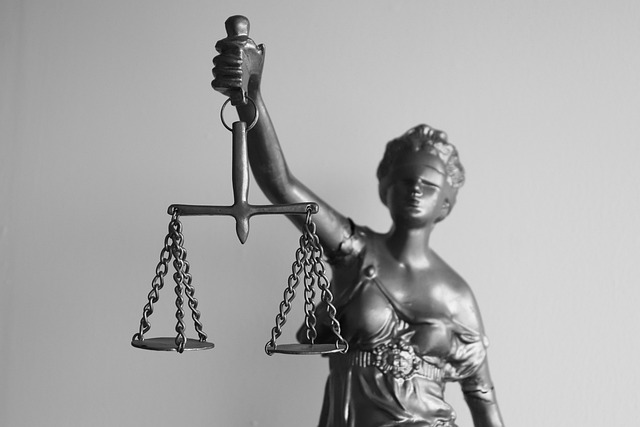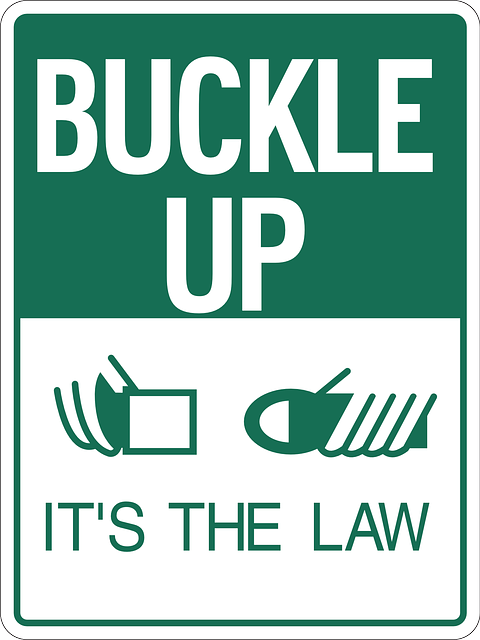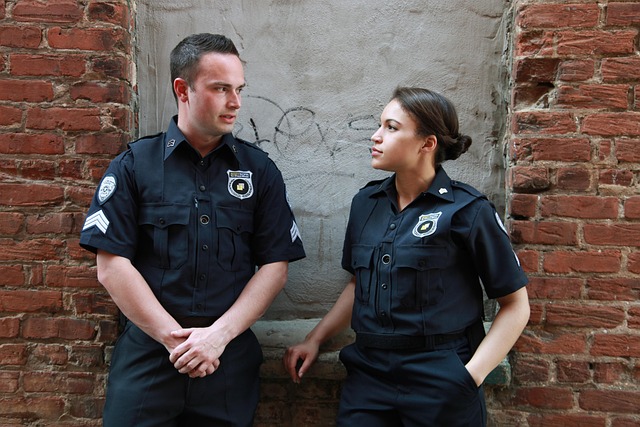In public corruption cases, proving guilt beyond reasonable doubt is the legal standard, requiring prosecutors to establish an illicit exchange with intent to secure improper advantages through official duties. Defense strategies challenge this burden by arguing circumstantial evidence, absence of direct quid pro quo, legality of actions, and potential biases. Achieving a fair trial demands a balanced approach: rigorous evidence gathering combined with due process standards, ensuring convictions rest on compelling, credible proof within a transparent framework. Specialized legal representatives craft complex defense narratives to create reasonable doubt in juries' minds, emphasizing the importance of meticulous investigations and strategic arguments.
“Public corruption charges pose unique challenges in the legal arena, demanding meticulous scrutiny. This article delves into the intricate process of prosecuting public officials, focusing on the key legal standard of ‘proving guilt beyond a reasonable doubt’. We explore the essential elements required to charge and convict, including intent and motive, which often prove elusive. Furthermore, we analyze the importance of robust evidence collection and due process guarantees in ensuring fair trials within this complex web of public corruption.”
- Understanding the Legal Standard: Proving Guilt Beyond a Reasonable Doubt
- The Elements of Public Corruption Charges: What Needs to Be Shown
- Challenges in Attributing Intent and Motive: Overcoming Presumptions
- Evidence and Due Process: Ensuring Fair Trials in Public Corruption Cases
Understanding the Legal Standard: Proving Guilt Beyond a Reasonable Doubt

In public corruption charges, understanding the legal standard of proving guilt beyond a reasonable doubt is paramount for both prosecutors and defendants. This means that the jury must be convinced, to a moral and intellectual certainty, that the defendant is guilty. It’s not enough for the evidence to simply suggest or even strongly indicate guilt; the proof must eliminate any reasonable alternative explanations. This high bar is in place to protect individuals from wrongful convictions, ensuring that the state bears the burden of proving each element of the crime without a doubt.
Defendants facing high-stakes cases often turn to skilled legal representatives who specialize in navigating these complex and challenging defense strategies. An unprecedented track record of winning such verdicts underscores the proficiency of these attorneys in presenting compelling defenses, utilizing evidentiary gaps, and challenging the prosecution’s case with relentless cross-examination. Ultimately, achieving a favorable outcome hinges on meticulously constructing a reasonable doubt narrative that resonates with the jury.
The Elements of Public Corruption Charges: What Needs to Be Shown

To prove public corruption charges, prosecutors must establish several key elements beyond a reasonable doubt. Primarily, they need to demonstrate that there was an offer, acceptance, or exchange of something of value—be it money, gifts, or other benefits—between a public official and someone seeking to influence their decision. This exchange must be for the purpose of obtaining an improper advantage in the performance of official duties.
The general criminal defense strategy often revolves around challenging the prosecution’s ability to prove these elements. Lawyers for their clients might argue that the evidence is circumstantial, that no direct quid pro quo can be established, or that the actions in question were not unlawful under existing laws. They may also raise doubts about the integrity of the process, including the potential for bias or coercion against their clients during jury trials.
Challenges in Attributing Intent and Motive: Overcoming Presumptions

Proving guilt beyond a reasonable doubt is a fundamental principle in criminal justice, especially when dealing with public corruption charges. One of the significant challenges in such cases is attributing intent and motive to an individual accused of corrupt practices. Intent often lies hidden behind complex schemes and illicit transactions, making it crucial for prosecutors to present compelling evidence that goes beyond mere speculation.
Overcoming presumptions and establishing a clear connection between actions and corrupt intent requires meticulous investigation and strategic legal arguments. Lawyers for their clients in these cases must challenge assumptions and present alternative explanations. By examining the context, motivation, and behavior of individuals involved, particularly within the filantropic and political communities, defense teams can build a robust case that either proves innocence or secures winning challenging defense verdicts. This approach ensures a fair trial and upholds the integrity of the justice system.
Evidence and Due Process: Ensuring Fair Trials in Public Corruption Cases

In public corruption cases, ensuring a fair trial requires a delicate balance between gathering robust evidence and upholding strict due process standards. The primary goal is to prove guilt beyond reasonable doubt, a legal threshold that demands compelling and credible evidence. This involves meticulous investigation, including financial records, witness testimonies, and forensic analysis of alleged illicit activities. Prosecutors must navigate complex legal landscapes to gather this evidence while preserving the rights of those accused, especially in high-stakes cases where powerful figures are involved.
A fair trial means providing defendants with the opportunity to mount a robust defense, challenging the prosecution’s case, and ensuring that any conviction is based on solid, admissible proof. The process should be transparent, impartial, and respectful of both the law and the rights of individuals. In cases where the respective business dealings are at question, due process becomes even more critical to prevent complete dismissal of all charges, ensuring justice without undermining the integrity of the legal system.
In navigating public corruption charges, understanding the legal standard of proving guilt beyond a reasonable doubt is paramount. By comprehending the essential elements and addressing challenges in intent attribution and evidence presentation, as discussed in this article, fair trials can be ensured. It’s crucial for both prosecutors and defendants to uphold due process, emphasizing the importance of substantial evidence and a thorough examination of circumstances, ultimately fostering transparency and accountability in public governance.






